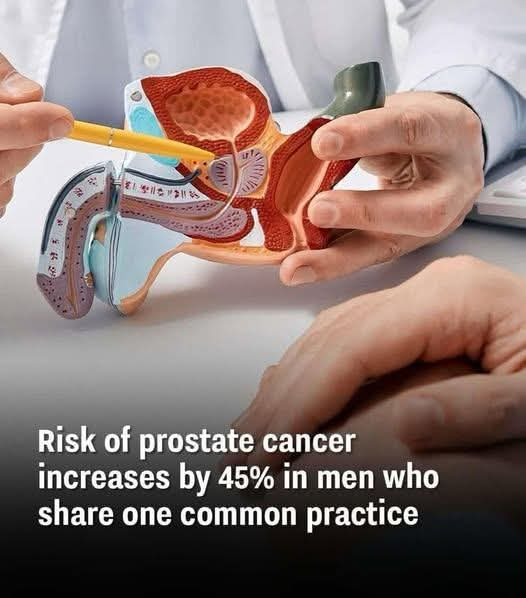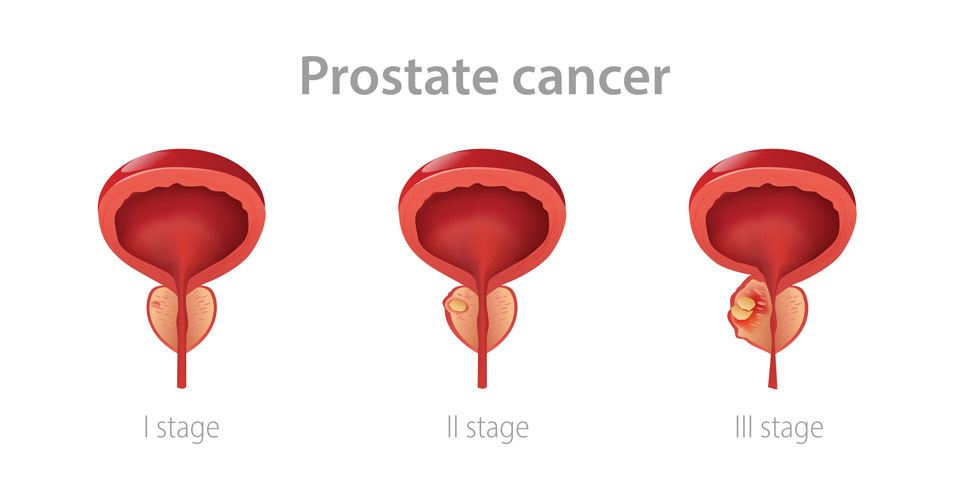
Prostate cancer is one of the most common cancers among men, with the American Cancer Society stating that one in eight men will be diagnosed with it during their lifetime. It is also the second-leading cause of cancer-related deaths in men, following lung cancer. However, most men diagnosed with prostate cancer don’t experience symptoms during the early stages, which makes early detection crucial.
The Link Between Screening and Prostate Cancer Risk
According to health experts, one of the primary reasons why the risk of prostate cancer has increased by 45% in recent years is the avoidance of regular prostate cancer screenings. Screening for prostate cancer, especially through prostate-specific antigen (PSA) testing, can detect the disease at an earlier stage, which improves the chances of successful treatment. Following the American Cancer Society’s recommendation, regular screenings are essential for men to monitor potential changes that could lead to prostate cancer.
The Importance of Regular Screening

Regular screenings can help detect the disease early, often before symptoms appear, and provide the opportunity for timely treatment. According to a study by the European Randomised Study of Screening for Prostate Cancer (ERSPC), early detection of prostate cancer can reduce the risk of death from this disease by 20%. The study, conducted over 20 years across seven European countries, found that regular screenings for prostate cancer significantly improved survival rates, especially for those who attended their scheduled screening appointments ERSPC.
Screening and Early Detection: A Game-Changer






